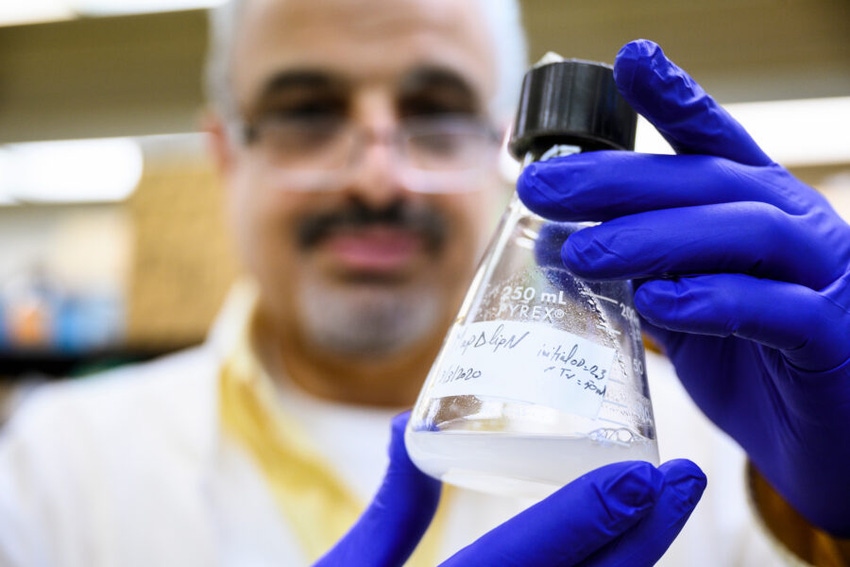UW-Madison researchers work to develop avian influenza vaccine
Talaat's vaccine development work relies on genetic sequence data gathered from many different strains of avian influenza.
April 4, 2022

Since being detected in South Carolina in mid-January, highly pathogenic avian influenza has spread through commercial and backyard flocks along the East Coast and in the Midwest. On March 14, the first case of bird flu was detected in Wisconsin in a large chicken flock located in Jefferson County.
This isn't the first avian influenza outbreak that the United States has seen – and it likely won't be the last.
A large outbreak in 2014 and 2015 resulted in the death or culling of over 50 million domesticated birds, with 21 states being affected, including Wisconsin. In its wake, the poultry industry lost over $3 billion, raising the cost of turkey and eggs for several months.
To prepare for and help prevent future outbreaks, researchers at the University of Wisconsin School of Veterinary Medicine are developing an avian flu vaccine to protect poultry flocks and prevent widespread circulation of the virus.
Adel Talaat, a professor of pathobiological sciences at the School of Veterinary Medicine, is in the process of developing a vaccine that would offer domestic birds protection from current and future strains of the virus that emerge over time.
The vaccine technology he is implementing, called a nanovaccine, uses tiny particles (smaller than the width of a human hair) to deliver immunity by sending pathogen-like signals to cells.
"When dealing with animals, especially poultry, it's important to keep in mind that we would need to be able to vaccinate an entire flock," Talaat says. "We also need to think about how to make this technology inexpensive so it will be economically viable."
Talaat's vaccine development work relies on genetic sequence data gathered from many different strains of avian influenza — data made available by testing and surveillance programs like the one in place at the Wisconsin Veterinary Diagnostic Laboratory.
The lab identified the Jefferson County case last month and is prepared to monitor the spread of avian flu throughout the state, as they did during the 2014-15 outbreak. Keith Poulsen DVM'04, PhD'12 directs the lab and serves as a clinical assistant professor at the School of Veterinary Medicine.
The WVDL's team of diagnostic scientists, led by virology section chief Ailam Lim, conducts diagnostic and surveillance testing to identify positive cases of avian influenza as quickly as possible. When a positive case is identified, the USDA and Wisconsin Department of Agriculture, Trade and Consumer Protection work to establish a zone of control, limiting the movement of birds in and out of the affected area.
"Working with state and federal partners, we have been really good at controlling the virus by finding it quickly and establishing these control zones," says Poulsen.
While avian flu vaccines are currently available, they are not being used on a large scale on poultry farms because this hinders the ability to conduct surveillance testing, which helps detect the virus in unvaccinated flocks and limit the spread of the disease.
A future vaccine would need to be effective for all different strains of the virus, as it changes over time, to be feasible for widespread use.
Though Talaat's vaccine is not yet available for commercial use, he hopes it will help protect flocks from future outbreaks of avian influenza. Such outbreaks are becoming more frequent, the reasons for which remain under investigation.
Source: University of Wisconsin-Madison,� which is solely responsible for the information provided, and wholly owns the information. Informa Business Media and all its subsidiaries are not responsible for any of the content contained in this information asset.
You May Also Like



